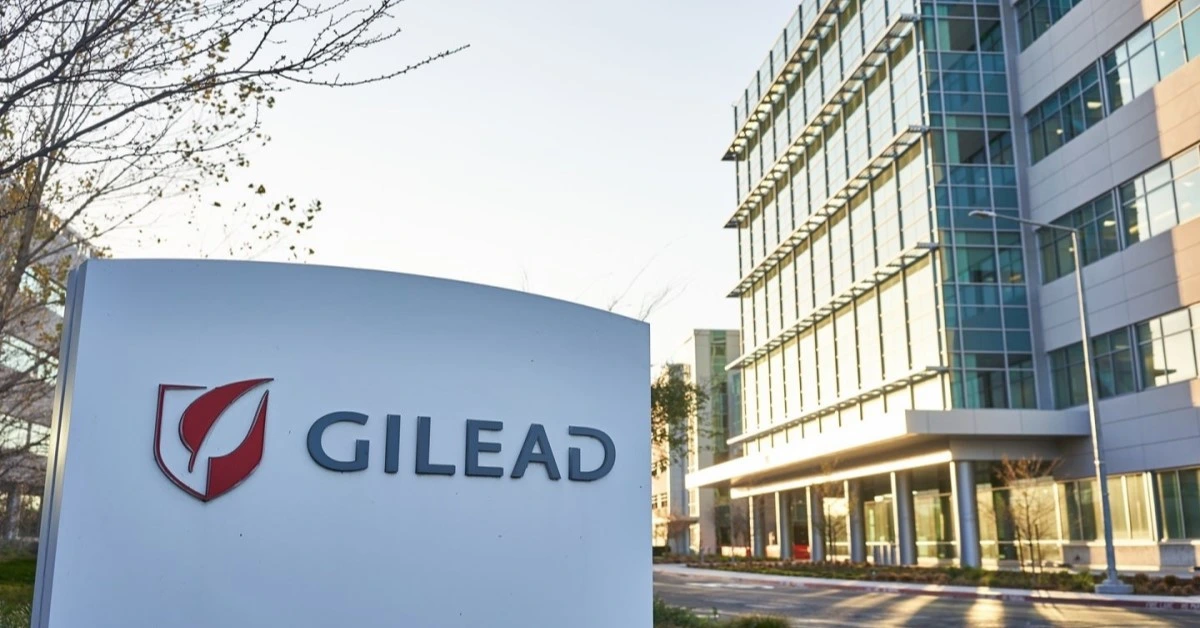
USA – Gilead Sciences and Merck have announced the progression of their experimental once-weekly HIV treatment regimen into Phase III trials, following the success of a 48-week Phase II study.
This breakthrough combination therapy, consisting of Gilead’s lenacapavir and Merck’s islatravir, could offer a convenient, long-acting alternative to the currently available daily treatments for people living with HIV.
In the Phase II trial, 104 virologically suppressed adults, already on Gilead’s daily HIV regimen Biktarvy, were randomly assigned to either continue their current treatment or switch to the once-weekly islatravir/lenacapavir combination.
By the 24-week mark, 94.2% of patients on the new regimen maintained viral suppression (defined as viral loads below 50 copies/mL), matching the efficacy of those on Biktarvy.
At week 48, these results held steady, with 94.2% of participants on the weekly regimen achieving viral suppression compared to 92.4% in the Biktarvy group.
The trial’s success demonstrates the potential of this once-weekly regimen to reduce the burden of daily medication, offering a more convenient option for HIV patients.
As of now, the only long-acting HIV treatment available in the U.S. is Viiv Healthcare’s Cabenuva, which requires monthly or bi-monthly injections.
The potential for a weekly oral regimen could be a game-changer for patients seeking less frequent treatment.
Expert insights on the future of HIV treatment
Speaking on the development, Elizabeth Rhee, vice president of global clinical development at Merck Research Laboratories, highlighted the importance of less frequent dosing for patients: “Daily single-tablet regimens have transformed HIV care, but they can be challenging for some people to maintain.
“Novel HIV treatment options that allow for less frequent oral dosing could help support adherence and address stigma faced by individuals taking daily therapy.”
Merck’s islatravir has faced previous challenges in development. In 2021, a clinical hold was placed on the drug after high doses led to drops in lymphocyte and CD4+ T cell counts.
However, the current study uses lower doses, and Phase II results showed no significant differences in immune cell count changes between the Biktarvy and islatravir/lenacapavir groups.
Encouraged by these findings, Gilead and Merck are now advancing to Phase III trials.
The role of Lenacapavir in HIV treatment and prevention
Lenacapavir, marketed as Sunlenca, is Gilead’s first-in-class HIV capsid inhibitor. Unlike traditional antiretroviral drugs, it remains effective even against multidrug-resistant HIV strains.
Approved as a twice-yearly injectable formulation in 2022, lenacapavir is already in use for treatment-experienced patients with limited options.
Gilead is also exploring the drug’s potential as a Pre-Exposure Prophylaxis (PrEP) medication to prevent HIV infection, with data from two Phase III trials expected to support global regulatory filings by the end of 2024.
Islatravir’s road to recovery
Islatravir, also known as MK-8591, is an experimental nucleoside reverse transcriptase translocation inhibitor with a long half-life, making it a strong candidate for long-acting HIV treatment and prevention.
Initially paired with the NNRTI doravirine, islatravir showed promising results in early studies, but it was not suitable for long-acting therapy.
After the 2021 setbacks, Merck revisited islatravir, conducting extensive research to determine that lower doses could maintain immune cell counts comparable to standard therapies.
With these findings, the FDA lifted the clinical hold, allowing Merck and Gilead to resume trials of the once-weekly islatravir/lenacapavir combination.
With the Phase II trials demonstrating promising safety and efficacy, Gilead and Merck are now preparing for Phase III trials, which will bring this once-weekly treatment regimen closer to approval.
Should these trials prove successful, the new therapy could significantly improve the lives of people living with HIV, reducing the need for daily medication and offering a more convenient treatment option.
XRP HEALTHCARE L.L.C | License Number: 2312867.01 | Dubai | © Copyright 2025 | All Rights Reserved